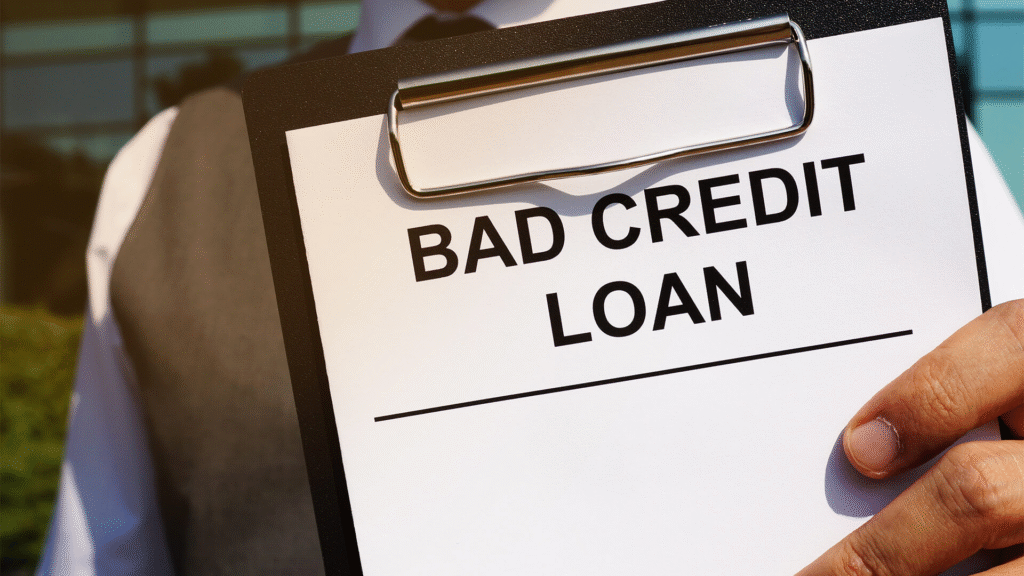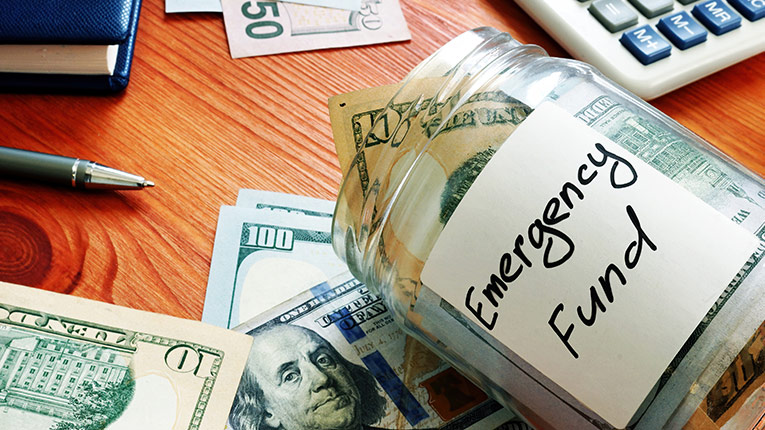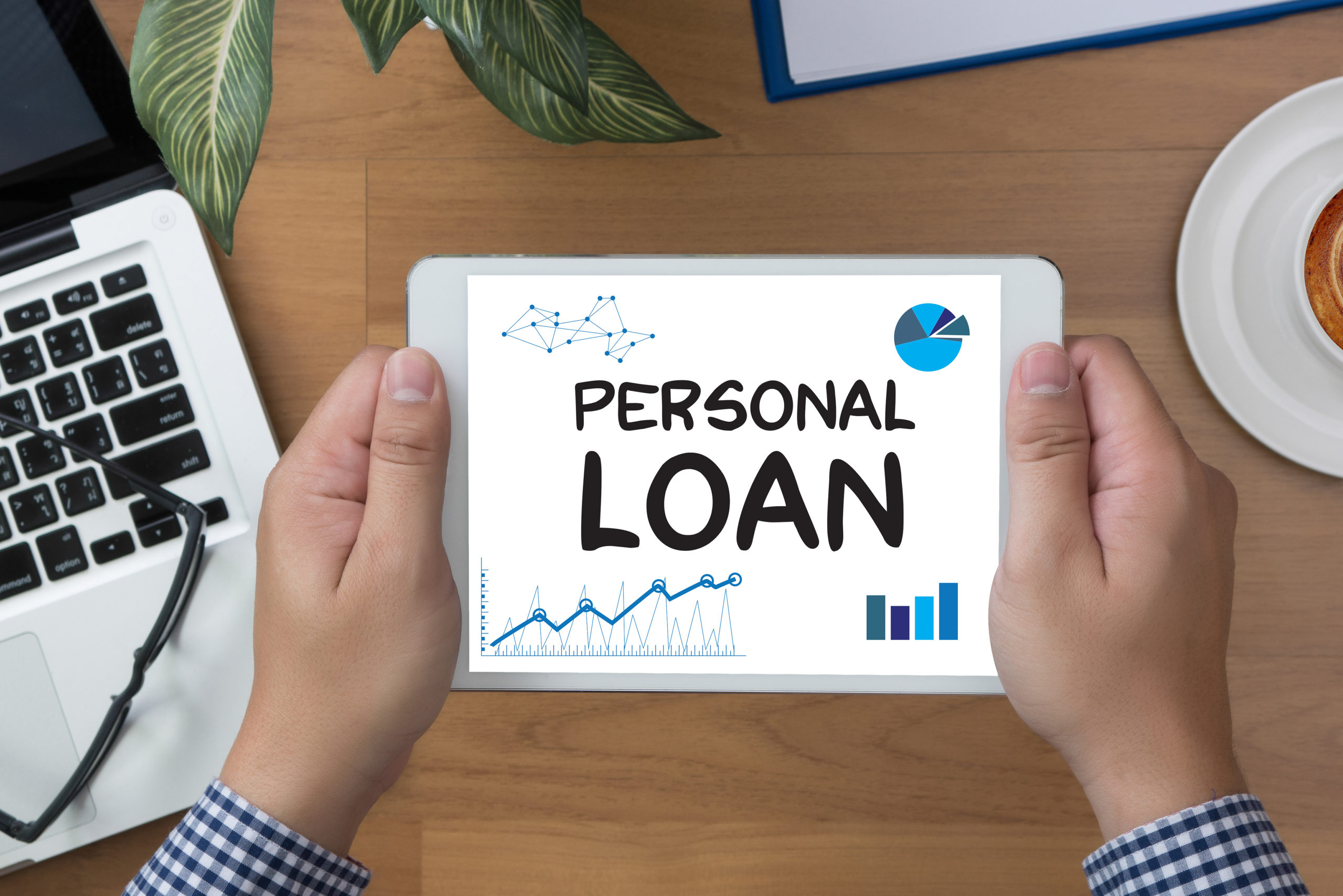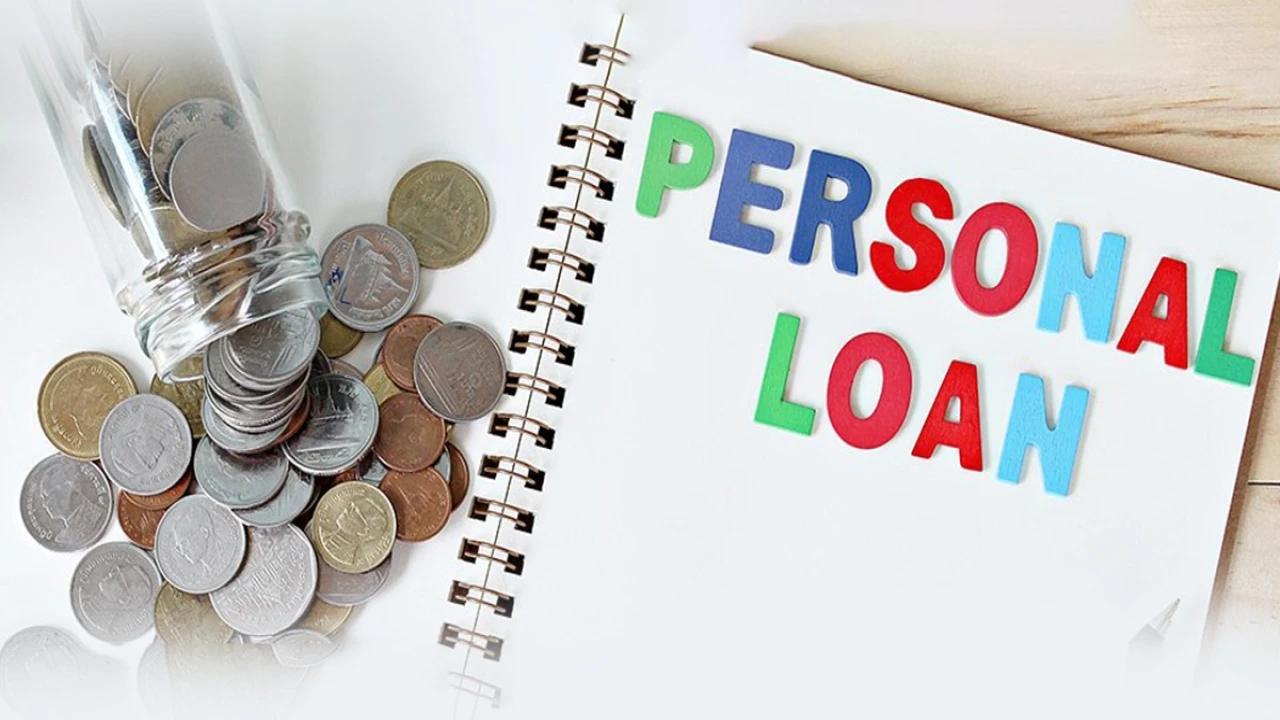Emergencies strike without warning. Whether it’s a medical crisis, an unexpected car repair, or an urgent bill you can’t postpone, having quick access to cash can mean the difference between stability and financial chaos. That’s where emergency loans come into the picture. But the big question is: How fast can you really get an emergency loan approved?
This article explores the timelines, options, and strategies that influence the speed of emergency loan approvals and disbursements. We will also discuss how you can boost your chances of faster approval and avoid the common pitfalls that delay funding.
Key Takeaways
- Emergency loans can be approved as quickly as a few minutes to a few days.
- Online lenders and payday loan apps offer the fastest disbursal.
- Having good credit, proper documentation, and applying during business hours can speed up approval.
- Always weigh the cost of fast loans, especially interest rates and repayment terms.
- Explore safer alternatives when possible, and borrow responsibly.
Understanding Emergency Loans
An emergency loan is a form of quick, short-term borrowing designed to provide immediate financial relief. These loans come in many forms:
- Personal loans from banks or credit unions
- Payday loans with short repayment terms
- Title loans secured by your vehicle
- Credit card cash advances
- Online installment loans
Each type has different approval times, eligibility requirements, and associated risks. Understanding them is key to selecting the fastest and safest option.
Factors That Influence Emergency Loan Approval Speed
Several factors determine how quickly your loan application is reviewed and approved:
Type of Lender
- Traditional Banks: Typically slower (1-5 business days) due to stricter checks.
- Online Lenders: Often faster (as quick as a few minutes to 24 hours).
- Credit Unions: Somewhere in between, depending on your membership and history.
Your Credit Score
- Higher credit scores often result in faster pre-approvals.
- Poor credit may require manual verification or additional documentation.
Required Documentation
- If you provide accurate documents (ID, income proof, bank statements), the process is expedited.
Time of Application
- Applying during business hours may speed up processing.
- Weekends and holidays may cause delays.
Loan Type and Amount
- Smaller loans (under $1,000) are often approved faster.
- Larger amounts may require deeper scrutiny.
Fastest Emergency Loan Options Available
Online Personal Loans
- Approval time: 5 minutes to 24 hours
- Disbursement: Same-day or next business day
- Best for: Those with decent credit and bank verification
Payday Loans
- Approval time: Instant to 1 hour
- Disbursement: Same day
- Best for: Urgent cash needs under $500 (beware of high fees)
Credit Card Cash Advance
- Approval time: Instant if you have a credit card
- Disbursement: ATM or bank transfer
- Best for: Existing cardholders in need of quick cash
Title Loans
- Approval time: 30 minutes to a few hours
- Disbursement: Same day
- Best for: Vehicle owners with a lien-free title
Apps Offering Payday Advances
- Approval time: Instant
- Disbursement: Within hours or next business day
- Best for: Employees with predictable payroll
Steps to Get an Emergency Loan Fast
- Assess How Much You Need: Only borrow what you absolutely need.
- Check Your Credit Report: Correct errors and understand your score.
- Gather Necessary Documents: Keep ID, proof of income, bank details ready.
- Choose the Right Lender: Prioritize those with fast online processing.
- Apply During Business Hours: This ensures quicker review and disbursement.
- Respond Promptly to Lender Requests: Immediate communication can save hours or even days.
Risks of Fast Emergency Loans
While speed is essential, it shouldn’t come at the cost of financial safety:
- High-interest rates (especially payday loans)
- Short repayment terms
- Hidden fees and rollover penalties
- Credit damage if repayment is missed
Always read the fine print and understand total repayment obligations.
How to Improve Your Chances of Instant Approval
- Maintain a steady income
- Keep your credit utilization low
- Build a relationship with a credit union
- Opt for prequalification tools
- Use fintech apps with instant decision models
What Are Your Best Options for Emergency Loans with Bad Credit?

Description:
Explore practical solutions for individuals with poor credit who need urgent cash. Compare payday loans, secured loans, credit union options, co-signed loans, and buy-now-pay-later platforms. Discuss approval criteria, fees, and how to avoid predatory lenders.
Can You Get an Emergency Loan Without a Credit Check?
Description:
Break down no-credit-check loan types, including payday loans, pawnshop loans, and employer salary advances. Explain how these loans work, risks involved, alternatives, and what consumers should know about lenders who skip credit reviews.
How Do Emergency Loans Differ from Personal Loans?
Description:
Analyze the key differences between traditional personal loans and loans designed for emergencies. Discuss interest rates, terms, credit requirements, approval times, and scenarios where one is better than the other.
Should You Use a Credit Card or Emergency Loan in a Financial Crisis?
Description:
Compare emergency loans versus credit card cash advances. Cover topics like interest rates, repayment flexibility, credit impact, and long-term consequences. Help readers choose the most cost-effective and sustainable option.
Are Instant Loan Apps Too Good to Be True?
Description:
Investigate the growing trend of instant loan apps. Review their advantages, how they operate, security measures, eligibility, disbursement time, and possible risks like high fees, short repayment windows, and data misuse.
What’s the Safest Way to Borrow Money in an Emergency?
Description:
Provide a consumer-first guide to borrowing money urgently without falling into a debt trap. Include peer-to-peer platforms, low-interest credit union options, employer advances, and government/community relief programs.
Can Emergency Loans Be Repaid Over Time?
Description:
Explain installment-based emergency loans and how they differ from short-term payday products. Cover loan duration, interest, payment plans, and how these loans can be used responsibly to rebuild credit.
How Can You Prepare Financially to Avoid Emergency Loans?
Description:
Offer a proactive guide on building an emergency fund, budgeting, using micro-savings apps, and developing better financial habits. Encourage readers to avoid reliance on emergency borrowing through preparation and planning.
Is It Safe to Apply for an Emergency Loan Online?
Description:
Discuss online lending safety, including signs of scams, data privacy tips, how to verify lenders, and what red flags to watch for. Recommend licensed and regulated platforms for safe digital borrowing.
How Do You Spot and Avoid Emergency Loan Scams?
Description:
Provide a thorough guide on detecting and reporting fraudulent lenders. Include types of scams (upfront fee scams, phishing, identity theft), how they target vulnerable borrowers, and what legitimate lenders never do.
What Are the Pros and Cons of Payday Loans in an Emergency?
Description:
Dive deep into the controversial world of payday loans. Analyze how they work, the speed of funding, interest rates (often 300%+ APR), repayment risks, legal restrictions by state, and safer alternatives.
How Can You Use a Personal Loan as an Emergency Fund Backup?
Description:
Guide readers on how personal loans can bridge the gap when emergency savings are insufficient. Cover application prep, choosing the right lender, repayment strategies, and long-term financial planning.
Are There Emergency Loans Specifically for Medical Expenses?
Description:
Explore medical financing options such as health credit cards, medical personal loans, provider-based installment plans, and nonprofit grants. Help readers find the right path when facing healthcare-related debt.
Can You Get an Emergency Loan If You’re Self-Employed or a Freelancer?
Description:
Focus on gig workers and self-employed individuals who face unique lending challenges. Provide tailored options, how to prove income, alternative lenders, and tips to increase approval chances.
What Happens If You Can’t Repay an Emergency Loan on Time?
Description:
Help readers understand the consequences of default: late fees, collections, credit score damage, and legal actions. Offer practical steps for renegotiation, refinancing, and finding financial counseling support.
Which Government Programs Can Help You in a Financial Emergency?
Description:
Highlight federal, state, and local assistance programs—emergency cash assistance, rent relief, SNAP, unemployment advances, and nonprofit grants. Provide links, eligibility criteria, and how to apply.
Can Emergency Loans Help Rebuild Your Credit Score?

Description:
Explain how on-time repayments of installment emergency loans can improve credit. Compare credit-builder loans, secured loans, and lenders who report to credit bureaus. Include credit tips for the future.
What Role Do Credit Unions Play in Emergency Lending?
Description:
Explain why credit unions often offer more affordable emergency loans, especially for members with low credit. Compare their rates, fees, customer service, and how to join one.
Are Employer-Based Emergency Loan Programs a Good Idea?
Description:
Introduce readers to employer-sponsored loan or salary advance programs. Discuss how they work, benefits (like lower interest), drawbacks (dependency risk), and alternative options.
How Can Students Access Emergency Loans or Financial Relief?
Description:
Provide a comprehensive guide for college students facing unexpected financial hardship. Include campus-based emergency aid, federal loan deferments, private student loan options, and side-income solutions.
How Do Emergency Loans Work for Unemployed Individuals?
Long Description:
Being unemployed during a financial emergency makes traditional lending nearly impossible—but not hopeless. This article explores realistic options for jobless individuals, including no-income personal loans, co-signed loans, government hardship grants, gig-based cash advances, and community support funds. It will also provide tips on how to strengthen your application by showing alternative income sources like freelancing, unemployment benefits, or rental income. The article concludes by offering ways to avoid scams targeting unemployed borrowers.
Are Emergency Loans Better Than Borrowing from Friends or Family?
Long Description:
Financial emergencies often leave people torn between borrowing from loved ones or applying for a fast loan. This article will compare the emotional, financial, and long-term consequences of both approaches. It will examine relationship strain, legal agreements, interest costs, privacy concerns, and repayment pressure. Through real-life examples and expert insights, the article helps readers make the best decision based on their situation and outlines clear steps for handling either option responsibly.
Can You Get an Emergency Loan with No Income Verification?
Long Description:
Some lenders claim to offer loans without verifying income, but is it legit—or risky? This article will examine how “no income verification” loans work, who qualifies, and what lenders really need to approve such applications. It will also break down the red flags of predatory lenders, explain how self-employed or gig workers can provide alternative proof of income, and offer safer alternatives like peer-to-peer loans or secured borrowing.
How Do You Rebuild Your Finances After Using an Emergency Loan?
Long Description:
Taking an emergency loan can provide short-term relief but often leaves people struggling to recover financially. This article guides readers through the critical steps to regain control: setting up a repayment plan, negotiating lower interest, consolidating debt, improving credit scores, and starting an emergency fund. It also includes templates for repayment tracking and budgeting tools, along with strategies to prevent reliance on future emergency loans.
Are Emergency Loans Worth the High Interest Rates?
Long Description:
Emergency loans often come with steep costs, especially payday or no-credit-check loans. This article will analyze the real cost of borrowing in a crisis by calculating APR, total repayment, fees, and hidden charges. Through side-by-side comparisons, readers will understand when paying high interest is justifiable—and when it’s financially dangerous. It also suggests more affordable or interest-free alternatives like credit counseling, community programs, or employer-sponsored advances.
What Are the Best Emergency Loan Options for Seniors?
Long Description:
Seniors often live on fixed incomes, making unexpected expenses difficult to cover. This article focuses on emergency loan options tailored for retirees—such as personal loans, Social Security-based advances, reverse mortgages, and nonprofit support programs. It highlights scams that target the elderly, explains borrower rights, and emphasizes affordability and security. A section is dedicated to financial literacy tips for aging borrowers.
How Do Emergency Loans Impact Your Credit Score?
Long Description:
While some emergency loans may help your credit when paid responsibly, others can harm your score significantly. This article details how different types of emergency loans (installment, payday, title) are reported to credit bureaus, how hard inquiries affect your credit, and what happens if you default. It also provides tips on credit repair after taking an emergency loan and how to choose lenders who report payments positively.
How Can You Compare Emergency Loan Offers Effectively?
Long Description:
Not all emergency loans are created equal. This article teaches readers how to evaluate loan offers by comparing APR, repayment terms, fees, approval time, and lender reputation. It includes a printable comparison checklist and a breakdown of the most trusted loan aggregator platforms. It also explains the importance of reading the fine print and avoiding misleading advertising.
What’s the Real Cost of Rolling Over an Emergency Loan?
Long Description:
Many borrowers roll over payday or short-term emergency loans—turning a small debt into a long-term trap. This article calculates the cumulative cost of rolling over a loan multiple times, using real-life case studies and math-based simulations. It also explains legal protections in various regions, what consumers can do to break the cycle, and debt management tools that can help.
Can Emergency Loans Be Used to Cover Rent or Utilities?
Long Description:
This article answers one of the most common questions: “Can I use an emergency loan to pay rent or bills?” It dives into specific types of loans used for housing expenses, government rent relief programs, utility hardship waivers, and nonprofit support systems. It compares short-term loans to longer-term options like rental assistance, zero-interest hardship loans, or payment deferrals.
How Do You Qualify for an Emergency Loan in 2025?
Long Description:
This article breaks down the current 2025 criteria lenders are using to approve emergency loans, including credit score benchmarks, proof of income, digital verification tools, and real-time bank analysis. It also covers how open banking and fintech trends are speeding up the qualification process. Readers will learn how to prepare a strong loan application and improve their chances, even with average or below-average credit.
Can Emergency Loans Help During Natural Disasters or Crises?
Long Description:
Disasters—floods, earthquakes, pandemics—create urgent financial needs. This article explores specialized emergency loans and grants offered during crises, including disaster relief loans from government agencies (e.g., FEMA, SBA), community funds, insurance bridge loans, and relief programs by NGOs. It guides readers through the application process and includes a preparedness checklist for future emergencies.
What Are the Legal Rights of Emergency Loan Borrowers?
Long Description:
Many borrowers don’t know their legal protections when taking emergency loans. This article explains borrower rights under financial consumer protection laws, including the Truth in Lending Act, FDCPA, and local state regulations. It teaches readers how to spot illegal lending practices, where to report fraud, and how to enforce their rights if they’re being harassed or overcharged.
What Are Instant Decision Loans and Are They Legit
Long Description:
Instant decision loans promise fast approval—but are they too risky? This article dives into how these loans work, how decisions are made in seconds using AI and data analysis, and what risks borrowers face when speed is prioritized over accuracy. It also lists the top-rated platforms that offer legitimate, fast, and fair emergency loans.
Are Secured Emergency Loans a Safer Option?
Long Description:
Secured loans (backed by assets like a car or savings account) are often overlooked in emergencies. This article explains the benefits—lower interest, higher approval odds, flexible repayment—and the risks—potential asset loss. Readers learn how to evaluate if putting up collateral is worth the risk and how to avoid high-pressure lenders.
Can You Refinance an Emergency Loan for Better Terms
Long Description:
This article shows borrowers how to improve their situation by refinancing an emergency loan into a more manageable or lower-interest loan. It explains how refinancing works, which lenders offer it, and what credit improvements are needed. Real-life case studies and pros/cons help readers decide if it’s the right step.
What Are Peer-to-Peer Emergency Loans and How Do They Work?
Long Description:
P2P lending platforms match borrowers directly with investors. This article outlines how to apply, what rates to expect, approval timelines, and what makes these loans unique compared to banks. It discusses top P2P platforms (like LendingClub, Prosper), risk factors, and borrower protections in 2025.
What Should You Avoid When Taking Out an Emergency Loan?
Long Description:
Fast cash often comes with traps. This article lists the biggest mistakes to avoid when seeking an emergency loan—overborrowing, skipping the fine print, ignoring APR, relying on unlicensed lenders, or giving out sensitive info. It includes a 10-step checklist to make smart and safe borrowing decisions.
How Do Emergency Loans Differ from Buy Now, Pay Later Services?
Long Description:
BNPL services are rising in popularity—but are they a better option in emergencies? This article compares emergency loans and BNPL programs (like Klarna, Afterpay, ZestMoney) in terms of approval speed, credit checks, repayment terms, and long-term financial impact. It helps readers decide which model suits short-term needs best.
What Are the Best Emergency Loan Apps in India (or [Your Country]) in 2025?
Long Description:
This article ranks and reviews the top emergency loan apps by speed, credibility, ease of use, and interest rates. It includes user feedback, platform features, Disbursement speed, KYC requirements, and warning signs for fake apps. It’s a practical guide for anyone looking to borrow via mobile in minutes.
Also read : Should You Choose a Line of Credit or a Business Loan?
Conclusion
Emergency loans can be a vital lifeline in times of sudden financial distress. While some loans can be approved and disbursed within minutes, others take a day or more depending on various factors such as lender type, documentation, and your financial profile. Prioritize reputable lenders, read the terms carefully, and borrow only what you can comfortably repay. By being informed and prepared, you can navigate emergencies without falling into long-term debt.
FAQs
Can I get an emergency loan with bad credit? Yes, but options may be limited to high-interest payday or installment loans. Some online lenders cater to poor credit but expect higher fees.
What documents are required for an emergency loan? Typically, you’ll need a government ID, proof of income (pay stubs or bank statements), and proof of address.
Are online emergency loans safe? Yes, if you choose a reputable lender. Always verify security certifications (SSL), reviews, and contact details.
Will applying for an emergency loan hurt my credit score? Most lenders perform a soft inquiry for pre-approval. A hard inquiry may occur during final approval, which can slightly impact your score.
How quickly can I get the money after loan approval? Disbursement varies by lender. Some offer same-day deposits; others take 1-2 business days.
Can I repay early without penalty? Some lenders allow early repayment without extra fees. Always check the loan agreement.
What alternatives exist besides emergency loans? Consider borrowing from friends/family, using a credit card, or asking your employer for a paycheck advance.



